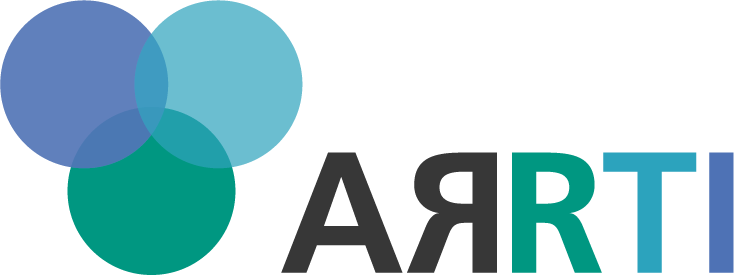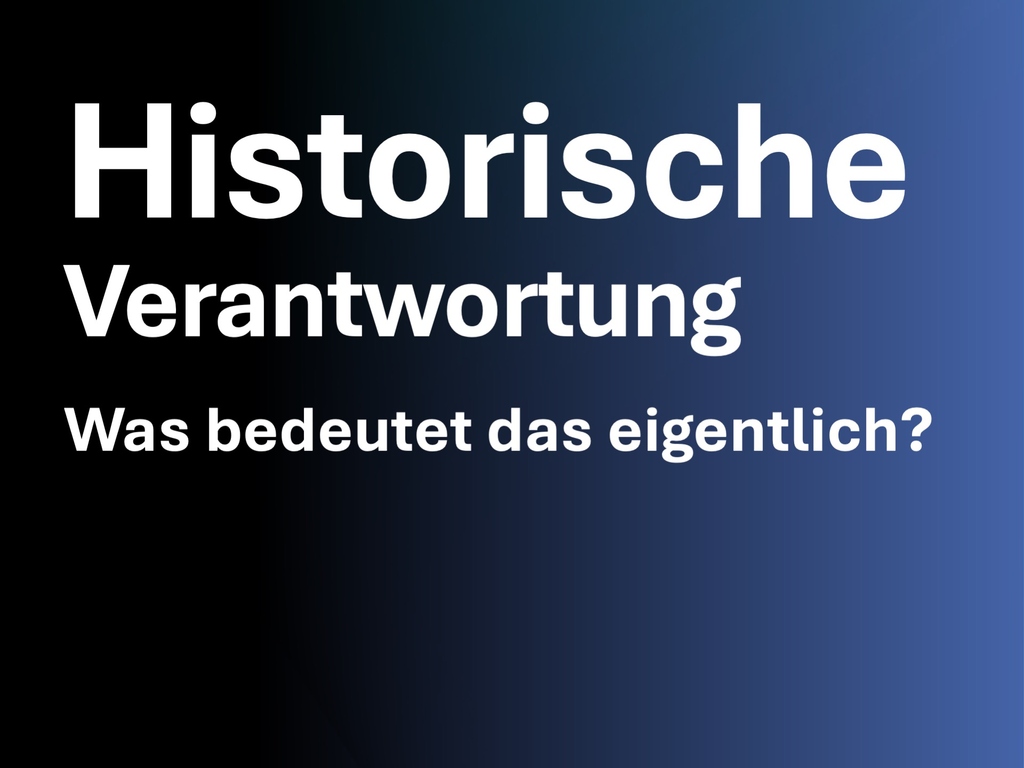In our increasingly interconnected world, the natural and engineering sciences are confronted with complex and dynamic problems. Meeting the need for innovation through novelty in scientific research and technical invention while at the same time respecting ethical responsibility poses great challenges for scientists and engineers. This is where ARRTI comes in.
ARRTI is an academy funded by the KIT Excellence Initiative that pursues the goal of a stronger consideration of ethical issues in technology research, teaching, and innovation. ARRTI imparts skills in ethical reflection that enable students, researchers, and entrepreneurs to take responsibility in their research, teaching and innovation. Central to this undertaking is the multi-dimensional concept of responsibility: researchers, educators and technology creators have a responsibility to address the problems of today and tomorrow in their actions and innovations. At the same time, they have a far-reaching responsibility to society for what they do, including the direct and indirect consequences of their work.
ARRTI offers an interdisciplinary platform for the co-creation and discussion of ethical questions and practices and the acquisition of skills in ethical reflection. The academy follows the "train the trainers" concept: academy members ensure that the content and skills they develop through ARRTI are conveyed to their fellow scientists and students. ARRTI offers a complementary study program that includes continuing education, discussion, and co-teaching formats, as well as an advanced course program leading to a certificate.
The following options are available for participating in ARRTI:
- Academy Members: professors who are nominated as permanent academy members based on their scientific achievements and their reputations. Academy members are the multiplying factors in deepening the implementation of ARRTI topics at KIT. In collaboration with the ARRTI team—the staff and directors—academy members bring issues and experience from their various disciplines into ARRTI.
- Research/Innovation Fellows: students and staff who participate in a competitively awarded fellowship in the area of research or innovation, or working on an ARRTI-funded project.
- Teaching Fellows: scientists at all levels who are involved in the transfer of knowledge and competencies for the attainment of responsibility through teaching.
ARRTI offers frequent formats in which topics of technology and research ethics are discussed in depth with academy members and fellows. We understand membership as participatory so that everyone can learn from each other. In this way, ARRTI itself can amplify discussion of ethical issues at KIT.
Co-teaching Geodäsie und Geoinformatik
„Das ARRTI Co-Teaching hat es ermöglicht, die technischen Inhalte unserer Lehre um eine ethische Perspektive zu erweitern. Themen wie Verantwortung im Umgang mit KI oder ethische Fragen in der Geodäsie und Geoinformatik haben in unseren Bachelor- und Masterstudiengängen eine ganz neue Relevanz bekommen. Unsere Studierenden sind dankbar für die wertvollen Diskussionen mit Mitgliedern des ARRTI-Teams. Sie nehmen aus dem Format wichtige Denkanstöße mit, die ihr Verständnis von verantwortungsvollem Forschen und Lernen nachhaltig geprägt haben. Wir wollen die Integration von ARRTI in unsere Lehrveranstaltungen nicht mehr missen!“
– Prof. Dr. Martin Breunig
Big Electricity
“The mentoring provided by ARRTI had a decisive influence on my BigElectricity project. During our discussions, it became clear how central ethical issues are to the development of robust and responsible AI systems in energy forecasting. Addressing topics such as transparency, fairness, and social impact helped me to broaden my research and also to make it more ethically reflective. Indeed, with this insight, I completed my next two publications.“
– Chen Shao
Artificial Intelligence für Nachhaltige Aggregierte ProduktionsPlanung (AI4NAPP)
“The mentoring provided by ARRTI as part of my project on sustainable production planning was enormously enriching for me. In particular, working together on issues relating to ‘Ethics by Design’ helped me to identify the ethical implications of my research in a targeted manner and positively influenced its outcome. The discussions were open and reflective and gave me important impetus for the strategic direction of my future work.”
– Prof. Dr.-Ing. Marvin Carl May



| Name | Title | Job Description |
|---|---|---|
| Bastian, Annika |
M. Sc. | |
| Ott, Sascha Deputy Director for Institutional Integration |
Dipl.-Ing. | |
| Albers, Albert Director for Institutional Integration |
Univ.-Prof. Dr.-Ing. Dr. h. c. | |
| 1 additional person visible within KIT only. | ||





